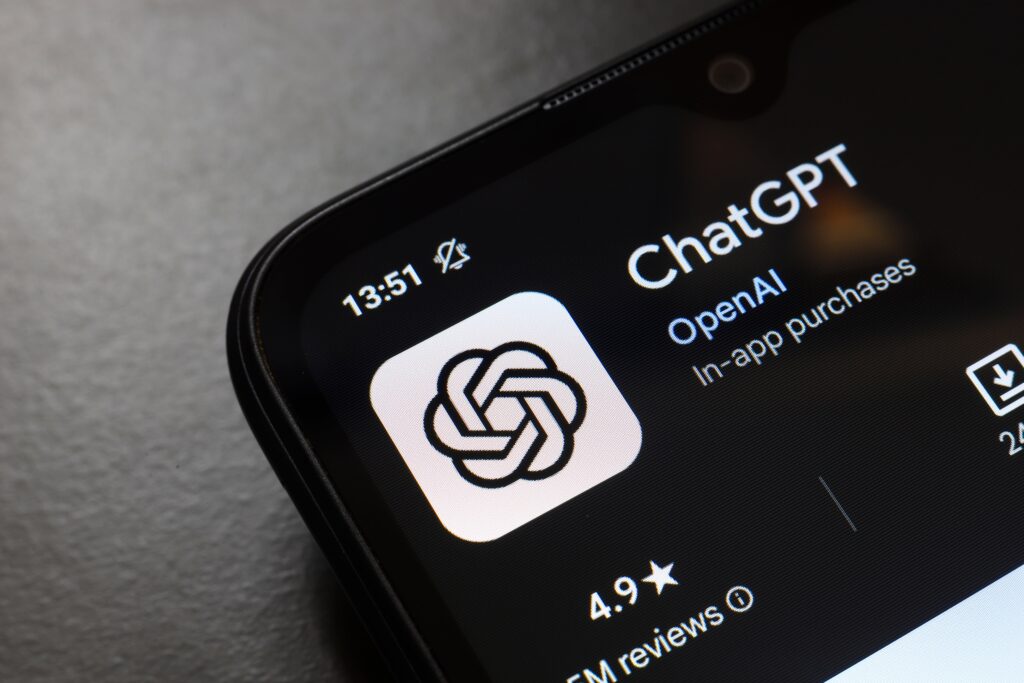OpenAI has completed its transition into a for-profit company. The change aims to draw billions in new investment and could pave the way for a future stock market listing.
Microsoft reshapes its alliance with the AI pioneer
As part of the overhaul, OpenAI and Microsoft have restructured their partnership. Microsoft now owns a 27% stake in the ChatGPT developer. This marks a major shift in a relationship that began in 2019, when OpenAI still operated as a non-profit research lab.
Under the new deal, Microsoft can now develop artificial general intelligence (AGI) independently or in partnership with others. AGI refers to AI that can surpass human intelligence. OpenAI said it would create an expert panel to verify any claim that it has achieved AGI.
When asked for details, the company declined to reveal who would serve on the panel.
Altman’s equity-free leadership and Microsoft’s growing role
Microsoft will continue to advise OpenAI’s board during its move to a profit-driven model. The company confirmed that CEO Sam Altman will not hold an equity stake. Bloomberg first reported this detail.
When the partnership began, Microsoft gained access to much of OpenAI’s technology in exchange for cloud computing support. Since then, OpenAI has signed multiple deals with other major tech firms, fueling speculation that an AI bubble might be forming.
The updated agreement extends Microsoft’s rights to OpenAI’s AI models until 2032 but excludes consumer hardware.
After the announcement, Microsoft’s market capitalization surpassed $4 trillion for the second time. It first achieved this milestone in July, joining chipmaker Nvidia as one of only two public companies to reach that level.
OpenAI’s rapid rise and expanding influence
OpenAI became a global sensation in 2022 with the launch of ChatGPT, bringing AI technology to everyday users.
At its DevDay event in San Francisco earlier this month, Sam Altman revealed that ChatGPT now has 800 million weekly active users. Valued at $500 billion, OpenAI continues to launch products that strengthen its dominance in the AI sector.
Its new AI-powered browser, ChatGPT Atlas, directly challenges Google Chrome. The company also introduced Sora, a tool that generates realistic videos from text prompts.
Success brings both fame and criticism
Despite its rapid success, OpenAI remains a lightning rod for controversy. Last week, the company blocked Sora 2 from creating deepfake videos of Dr. Martin Luther King Jr. after his family intervened.
It also announced plans to allow verified adults to access erotica through ChatGPT, triggering widespread debate.
Critics accuse OpenAI of ignoring the mental health effects of its products. They claim the company prioritizes profits over responsible development and operates with too few safeguards.
Still, OpenAI’s transition to a for-profit enterprise marks a pivotal moment for the tech industry. It signals a new phase of competition, innovation, and influence in the fast-moving world of artificial intelligence.


